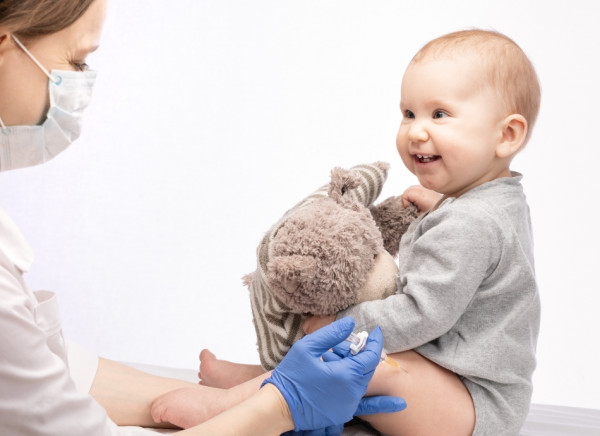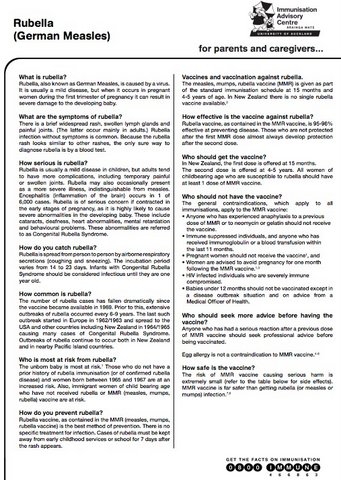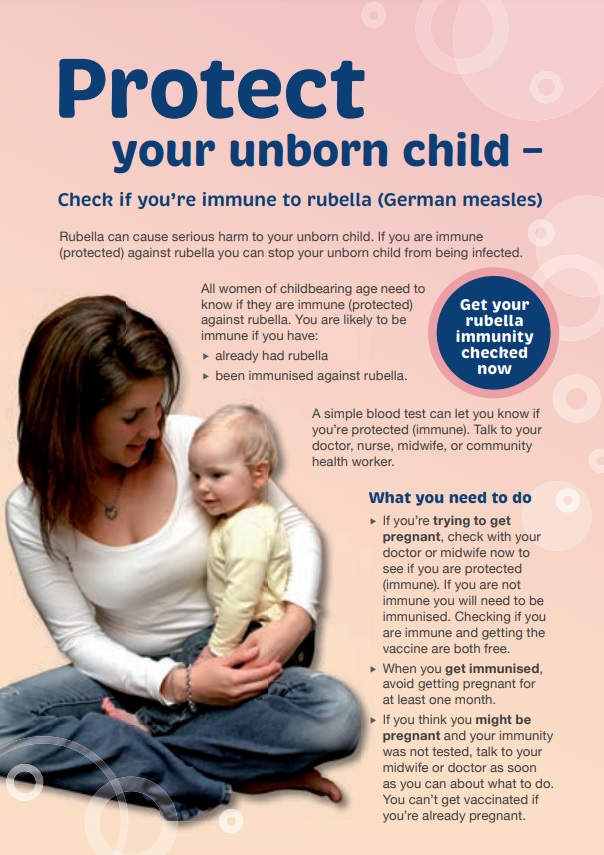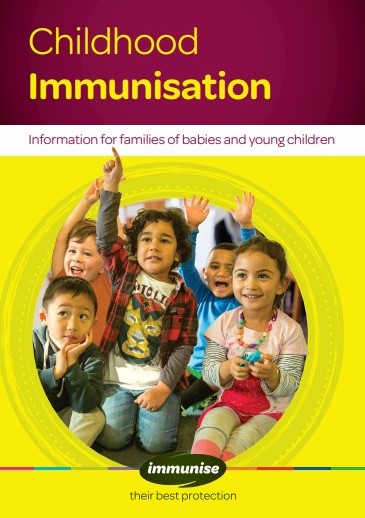Rubella is a viral infection that commonly causes a mild fever and a skin rash. It mostly affects school-age children.
It’s also called German measles, but it’s a different disease to measles(external link) (which is also called English measles).
Rubella is spread through having direct contact with someone who has it. It's also spread through the air when someone swallows or breathes in the cough or sneeze droplets from a person with the infection.
If a pregnant woman gets rubella, her baby is at risk of severe and permanent birth defects, such as deafness, blindness, heart defects and brain damage, or death.
Vaccination with measles, mumps and rubella (MMR) vaccine is the best way to protect against rubella.
If you're pregnant you shouldn't have the MMR vaccine. If you’re planning a pregnancy, ask your midwife or doctor if you need to be vaccinated against rubella so that your baby is protected. When you’ve been vaccinated, you should avoid getting pregnant for at least a month afterwards.











